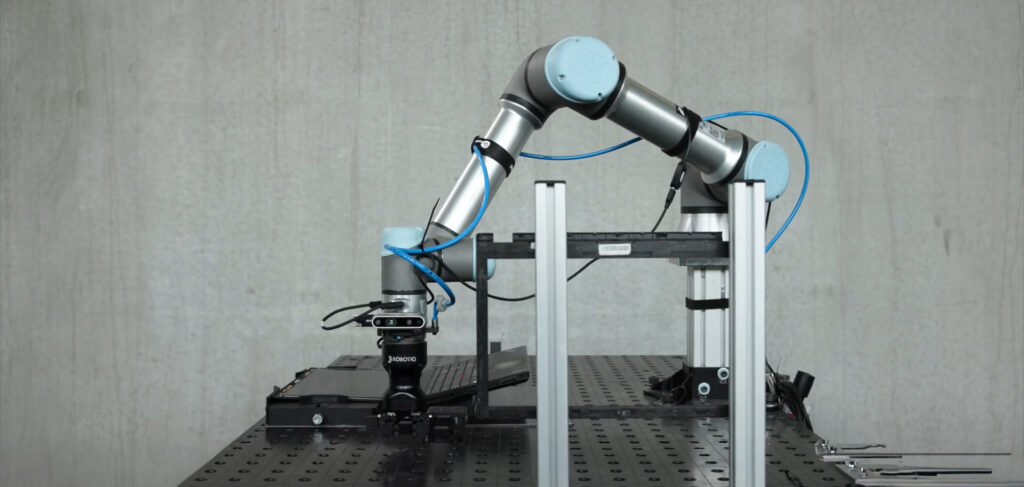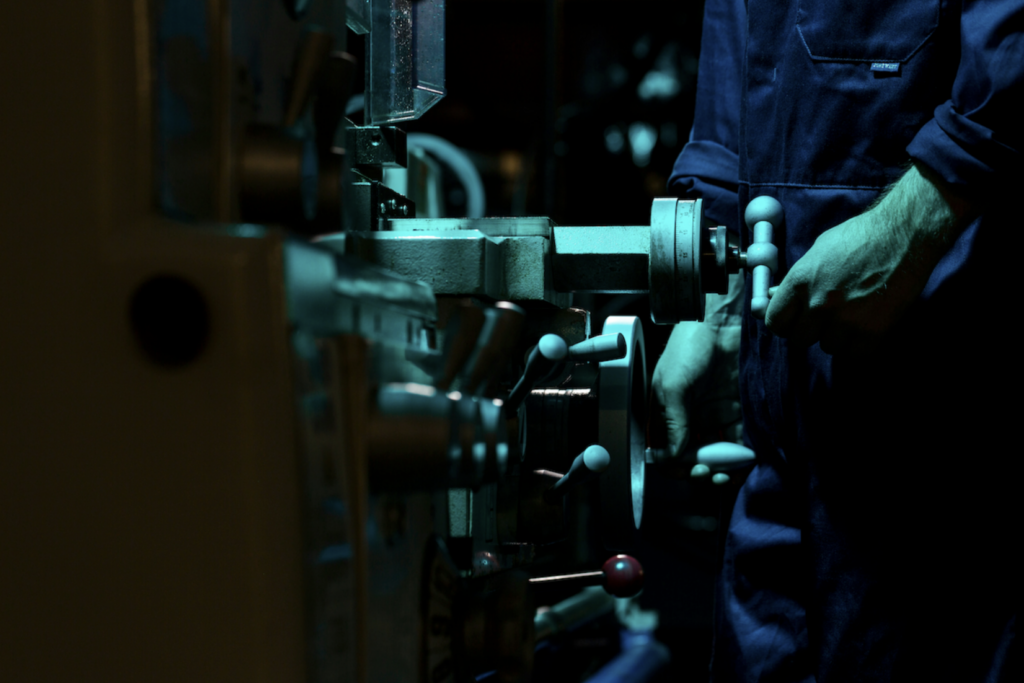Robot Disassembling: Adaptive Laptop Refurbishment (DTI)

Challenge
Before RoboSAPIENS, the process of refurbishing laptops was entirely manual. Each laptop model required a unique approach, and unpredictable wear on parts made automation almost impossible. Existing industrial tools lacked the flexibility to adapt to such variability, creating significant bottlenecks in scaling refurbishment operations.
RoboSAPIENS Solution
DTI has implemented the MAPLE-K architectural framework to automate complex tasks such as unscrewing and reassembly. This framework introduced a loop of monitoring, analysis, planning, legitimisation, execution, and knowledge capture.
Sensors collect real-time data to guide actions, while safety thresholds and verification checks ensure each step remains within certified parameters. Uncertainty estimation, provided by partners such as Simula, supports adaptive retraining of AI models to maintain performance across diverse laptop types.
Impact
The system successfully automated the screen replacement process – a task previously carried out only by humans. It can now adapt to multiple laptop models and has significantly increased process consistency and throughput.
Future Outlook
While full automation of laptop repair remains a longer-term goal, elements of this technology – such as AI-based grading and adaptive planning – are already applicable to other industrial reuse and inspection processes.
Social Sciences & Humanities Insights
RoboSAPIENS integrates Social Sciences and Humanities (SSH) research to ensure that adaptive robotics evolves in line with human values, ethics, and workplace realities. SSH activities explores how people interact with, trust, and accept robotic systems in each industrial context.
In the DTI Robot Disassembly use case, studies focuses on workforce adaptation and acceptance of robots taking over manual refurbishment tasks, highlighting the importance of transparency and skill transition.



